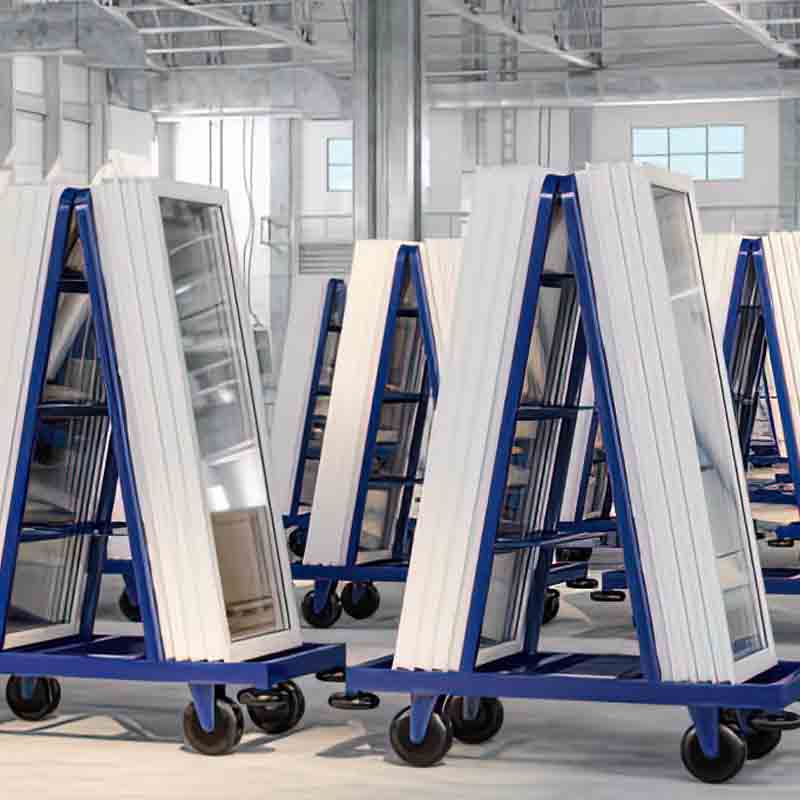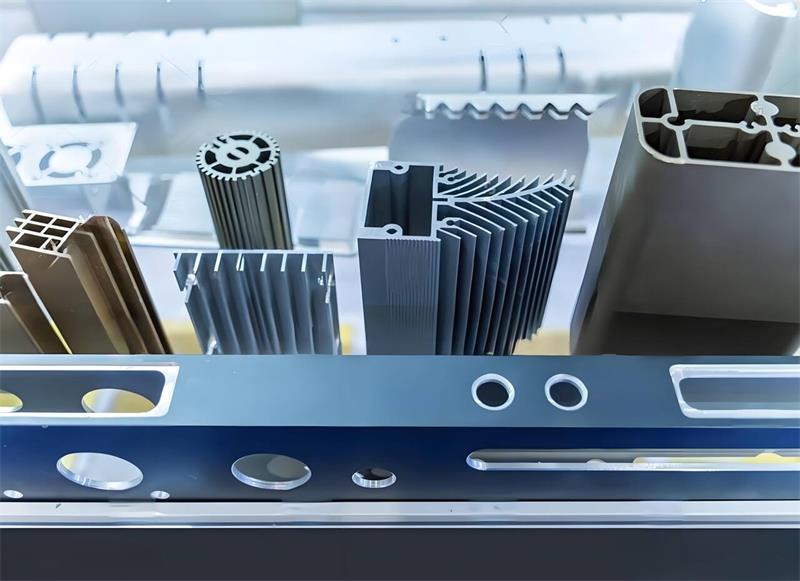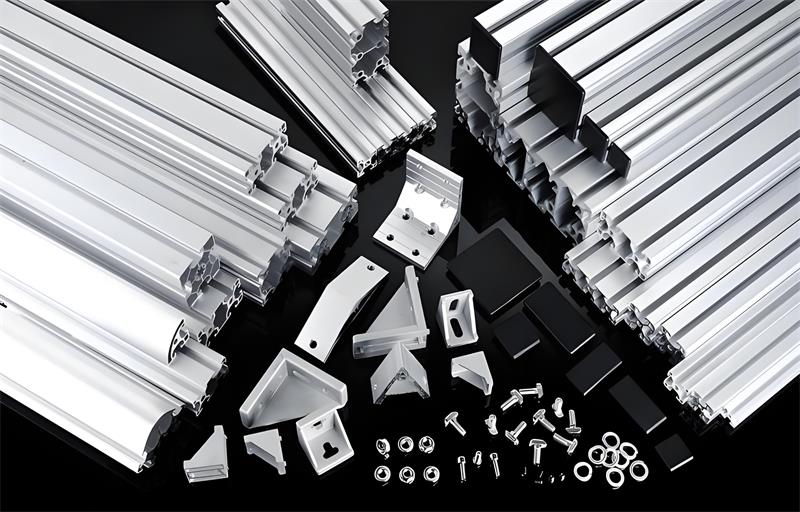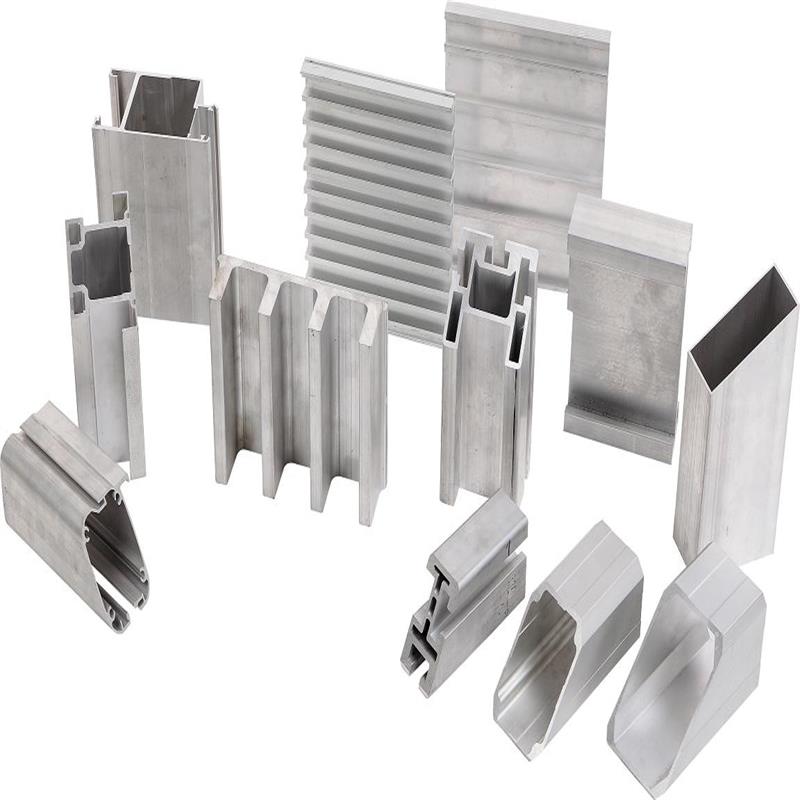Development Opportunities of the Recycled Aluminum Industry in the International Context

I. Introduction
In recent years, the global push for environmental protection and sustainable development has reached new heights. As awareness of finite natural resources and the urgency of climate action grows, industries worldwide are seeking sustainable solutions. In the aluminium sector, recycled aluminum stands out due to its remarkable energy - saving and low - carbon characteristics. Requiring merely 5% of the energy needed for primary aluminum production, recycled aluminum significantly cuts down on carbon emissions. This eco - friendly and cost - effective option is seizing numerous development opportunities across various fields in the current international landscape.
2. The Rise of the Recycled Aluminum Industry in the International Landscape
Policy - driven Growth
Many countries and regions recognize the significance of recycled aluminum in achieving sustainability goals and have rolled out supportive policies. The European Union, with its ambitious climate plans, promotes recycled materials through initiatives like the Circular Economy Action Plan, encouraging higher aluminum recycling rates and usage in manufacturing. In the US, government - backed programs aim to strengthen domestic recycling, boosting recycled aluminum production and application. These policies offer financial incentives and set standards, creating a conducive environment for industry growth and technological investment.
Market Demand Impetus
The global market's appetite for sustainable materials is on the rise. Consumers, businesses, and governments increasingly favor eco - friendly products and projects. Recycled aluminum, with its green credentials, meets this demand. In the consumer goods market, it helps companies reduce environmental impact. Moreover, with primary aluminum costs fluctuating due to raw material shortages and energy price hikes, recycled aluminum provides a stable and often more cost - effective alternative, driving industry expansion.
3. Expanding Application Areas of Recycled Aluminum
Automotive Industry
The automotive industry is a leading adopter of recycled aluminum thanks to its lightweight nature. Using it in vehicle manufacturing reduces car weight, improving fuel efficiency and cutting emissions. Modern car models increasingly use recycled aluminum for engine blocks, body panels, and wheels, helping automakers meet strict emissions and fuel - economy standards while enhancing vehicle performance. With the rapid growth of the electric vehicle (EV) market, which requires lightweight materials to maximize battery range, the demand for recycled aluminum is set to soar.
Electronics Industry
In electronics, recycled aluminum is seeing growing applications. Electronic devices need materials with good heat - dissipation properties, and recycled aluminum’s excellent thermal conductivity makes it ideal for heat - sink components. Concerns over e - waste also drive its use, as it reduces the demand for virgin materials and promotes a circular economy. Leading electronics companies are incorporating it into product designs to meet environmental regulations and enhance their sustainable brand image, opening new market avenues for the recycled aluminum industry.
Construction Industry
The construction industry, a major aluminum consumer, is increasingly using recycled aluminum profiles. These profiles offer cost - effectiveness, durability, and environmental friendliness, and can be used in window frames, curtain walls, and structural components. As the industry moves towards sustainable building practices, recycled aluminum profiles help meet green building certification requirements, giving construction projects a market edge. With more projects prioritizing sustainability, demand for these profiles is expected to surge.
4. Challenges and Countermeasures for the Recycled Aluminum Industry
Quality Control Challenges
One of the main hurdles for the recycled aluminum industry is maintaining product quality consistency. With varied scrap sources, raw material composition and quality can differ greatly, affecting final product quality and usability. To address this, the industry must invest in advanced sorting and purification technologies. Sophisticated sorting equipment can separate aluminum scrap by composition, while purification processes remove impurities. Establishing strict quality control standards and certification systems also builds trust among consumers and industries.
Competition from Primary Aluminum
Recycled aluminum faces competition from primary aluminum, especially in high - end applications where the latter may have performance or brand advantages. Price fluctuations in the primary aluminum market also make cost - based competition difficult. To overcome this, the recycled aluminum industry should highlight its environmental and long - term cost - saving benefits. Marketing efforts should emphasize sustainability, and continuous R&D is crucial to improve product performance and competitiveness.
Solutions and Strategies
The recycled aluminum industry should adopt a multi - approach strategy. Investing in R&D can improve recycling technologies, product quality, and develop new applications. Industry collaboration with research institutions and governments can share knowledge and drive innovation. Building strong brands and long - term customer partnerships, by providing quality products and services, will enhance industry competitiveness in the global market.
5. The Future of the Recycled Aluminum Industry
Expected Growth Trends
The future of the recycled aluminum industry looks promising. With the continued global focus on sustainability, demand is set to grow steadily. Technological advancements will further boost production efficiency and quality. Stricter environmental regulations and circular economy promotion in more regions will expand the market in terms of volume and applications. The growth of emerging industries like renewable energy and green transportation will also create new opportunities for the industry.
Role of Enterprises like aluinno
Enterprises like aluinno play a vital role in the recycled aluminum industry's development. By investing in advanced recycling technologies, aluinno can enhance production quality and efficiency. Focusing on R&D allows it to create innovative recycled aluminum products, such as high - performance aluminum profiles. Strategic marketing and brand - building raise awareness of recycled aluminum benefits. Collaborating with other industry players and participating in international projects helps aluinno contribute to the industry's growth while benefiting from market trends.
6. Conclusion
In summary, the recycled aluminum industry enjoys abundant opportunities in the current international scenario. The global drive for sustainability, combined with recycled aluminum’s unique advantages, fosters its growth across multiple sectors. However, challenges like quality control and competition from primary aluminum remain. With the right strategies and the active participation of companies like aluinno, the recycled aluminum industry can overcome obstacles and thrive, playing an increasingly important role in meeting global aluminum demand sustainably.


 En
En



 Location:
Location:
















